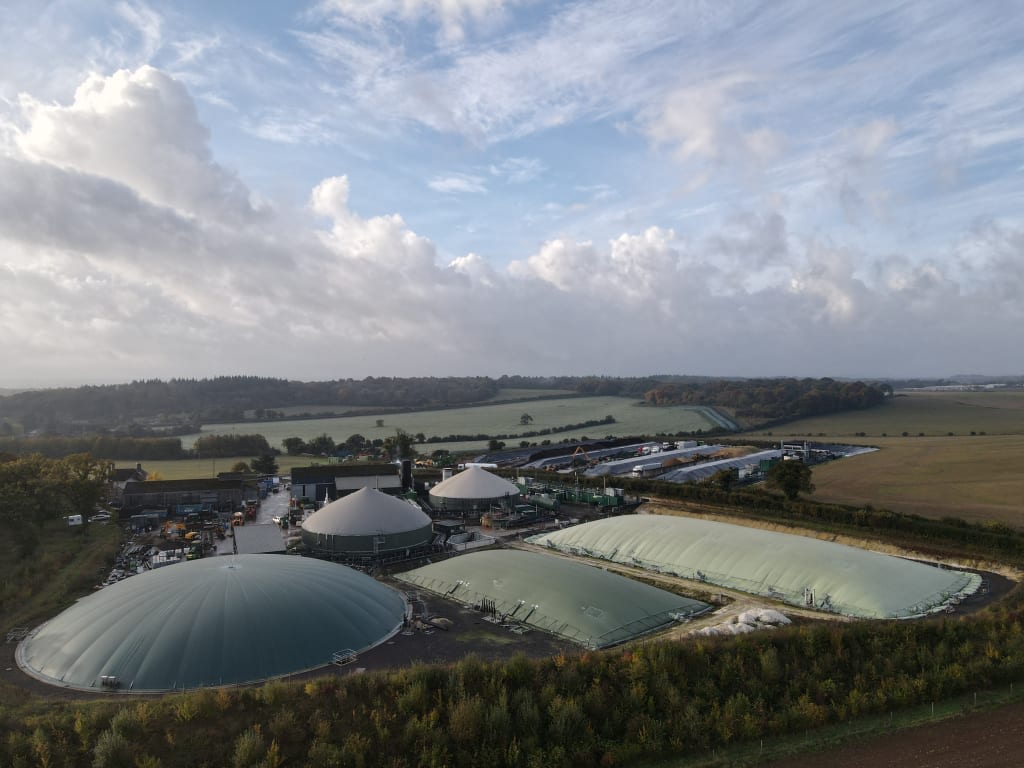Mulch can offer a natural solution!
Here are some ways our mulch can help as a deterrent
- Creates a barrier. Mulch creates a barrier between the soil and the surrounding environment, making it difficult for snails and slugs to move around and find food sources.
- Moisture levels. Snails and slugs prefer moist environments and can be deterred by a dry surface. Mulch can help absorb moisture from the soil and create a drier environment. This makes it less attractive to snails and slugs.
- Texture. The coarse, rough texture of mulch makes it difficult and uncomfortable for slugs and snails to crawl over.
- Natural Repellent. Mulch contain natural compounds that act as repellents for slugs and snails.
- Temperature Regulation. Mulch can help regulate soil temperature. Since slugs and snails are cold-blooded, extreme temperatures can be detrimental to them. Mulch can create a barrier that shields them from temperature fluctuations, making the area less inviting.
- Mulch can provide a habitat for their natural predators including beetles and toads as well as offers fewer hiding spaces for example natural ground cover or dense vegetation, making them less appealing. These pests prefer dark and sheltered spots during the day to avoid predators and dehydration.
Mulch can help to deter snails and slugs, however, mulch alone may not be the best way to completely stop slugs and snails from eating your plants. It is important to take additional measures besides spreading a layer of mulch. This can include adding copper barriers, setting beer traps, spreading a layer of crushed eggshells and applying organic slug pellets too.
Encouraging natural predators, such as birds, hedgehogs and toads can help to control the slug and snail population too. Providing food, water and shelter will attract these natural predators to your garden and additionally create a sustainable environment.
Read about the benefits of spreading mulch here !

Watch the video below to see how snails are deterred by our mulch!
About Apsley Farms
Sustainability and efficiency is at the heart of everything we do at Apsley Farms. We’ve adopted cutting edge technologies and turned low value crops into renewable energy. We focus on a circular economy by returning the nutrients in our digestate products back to the land as a fertiliser.
Our process of generating green gas and other important by-products ticks three important boxes: it displaces natural gas (fossil fuel) in the gas grid to heat people’s homes; it displaces CO2 made by the fertiliser industry, which is essential in the food industry; and it simultaneously generates natural fertiliser in the process!

